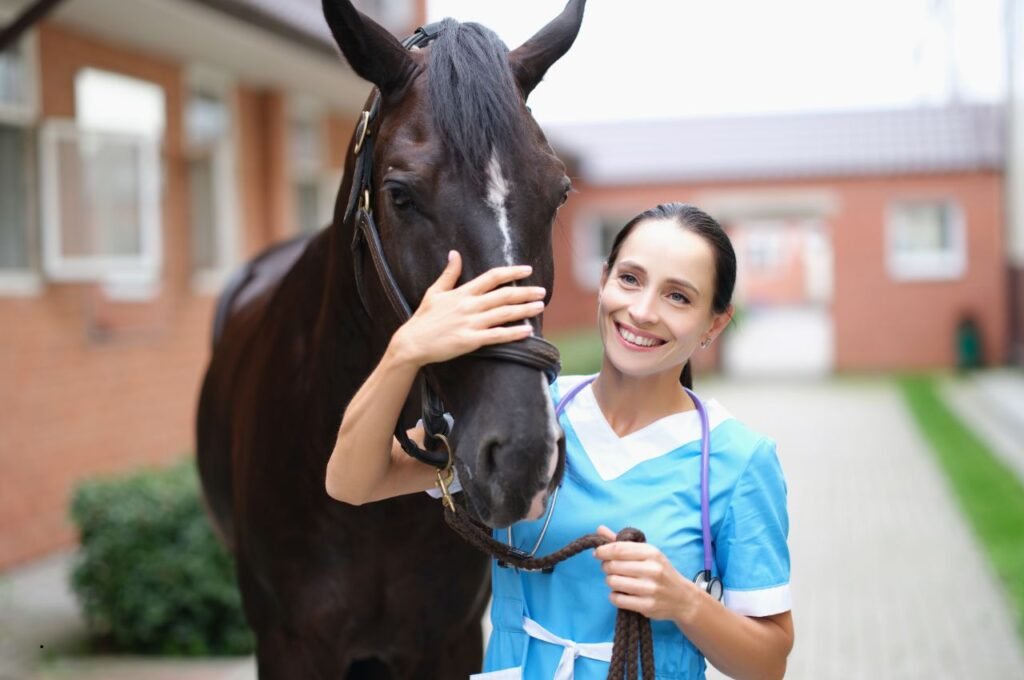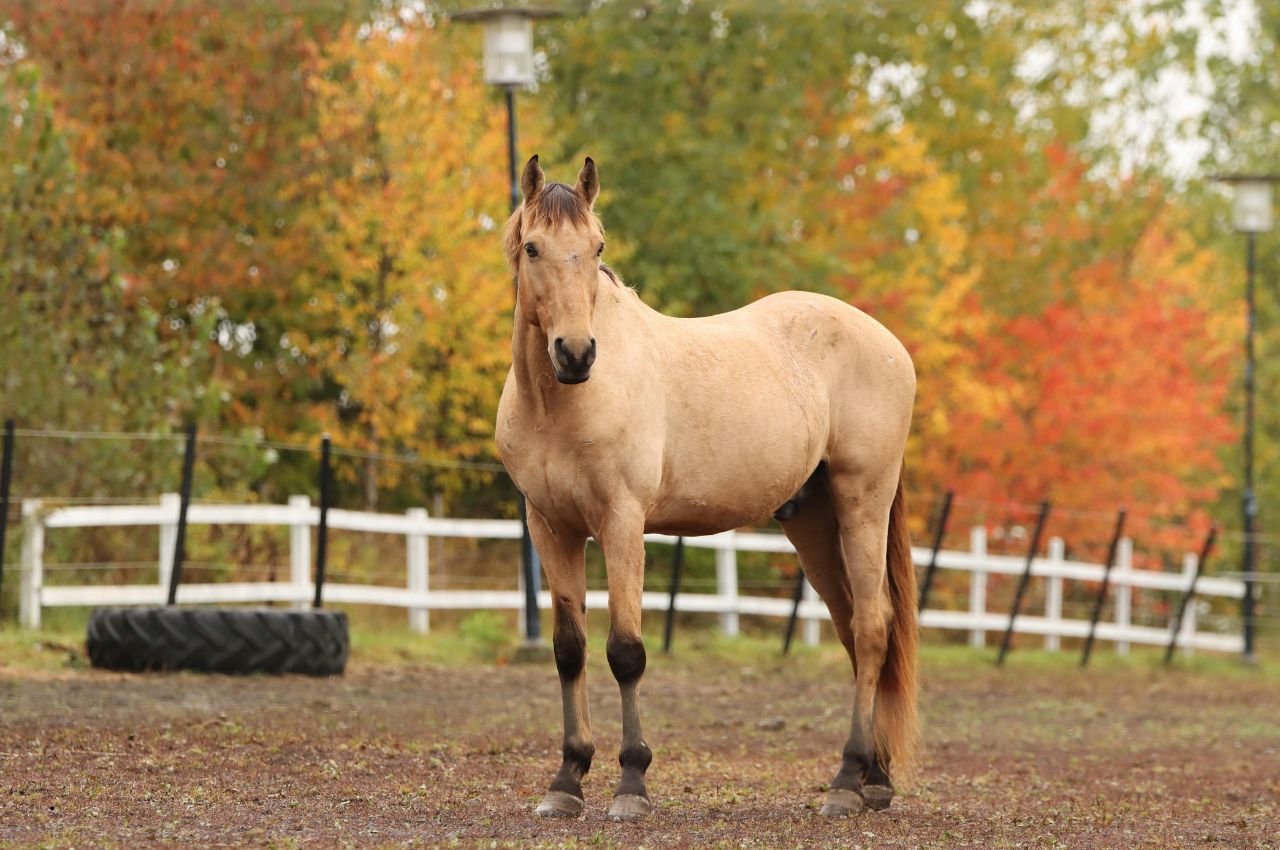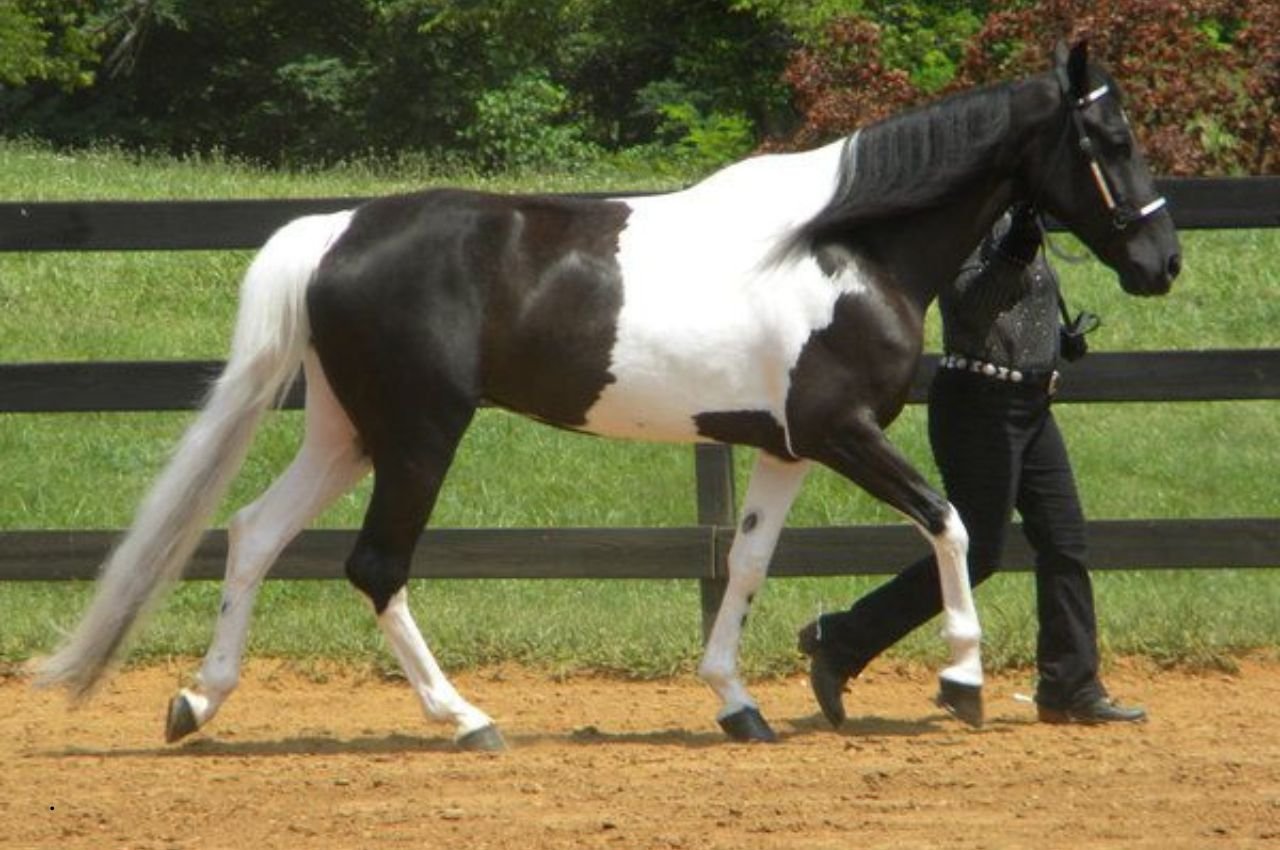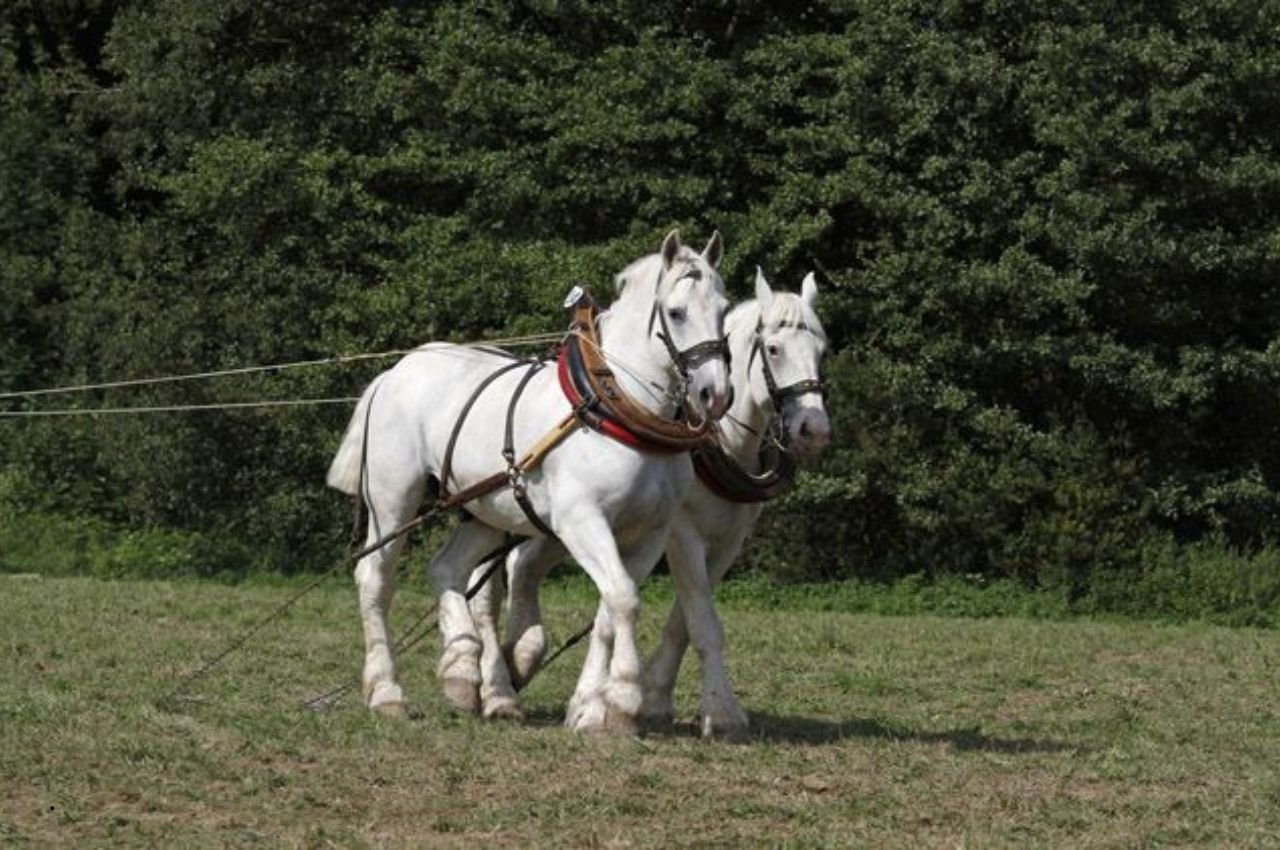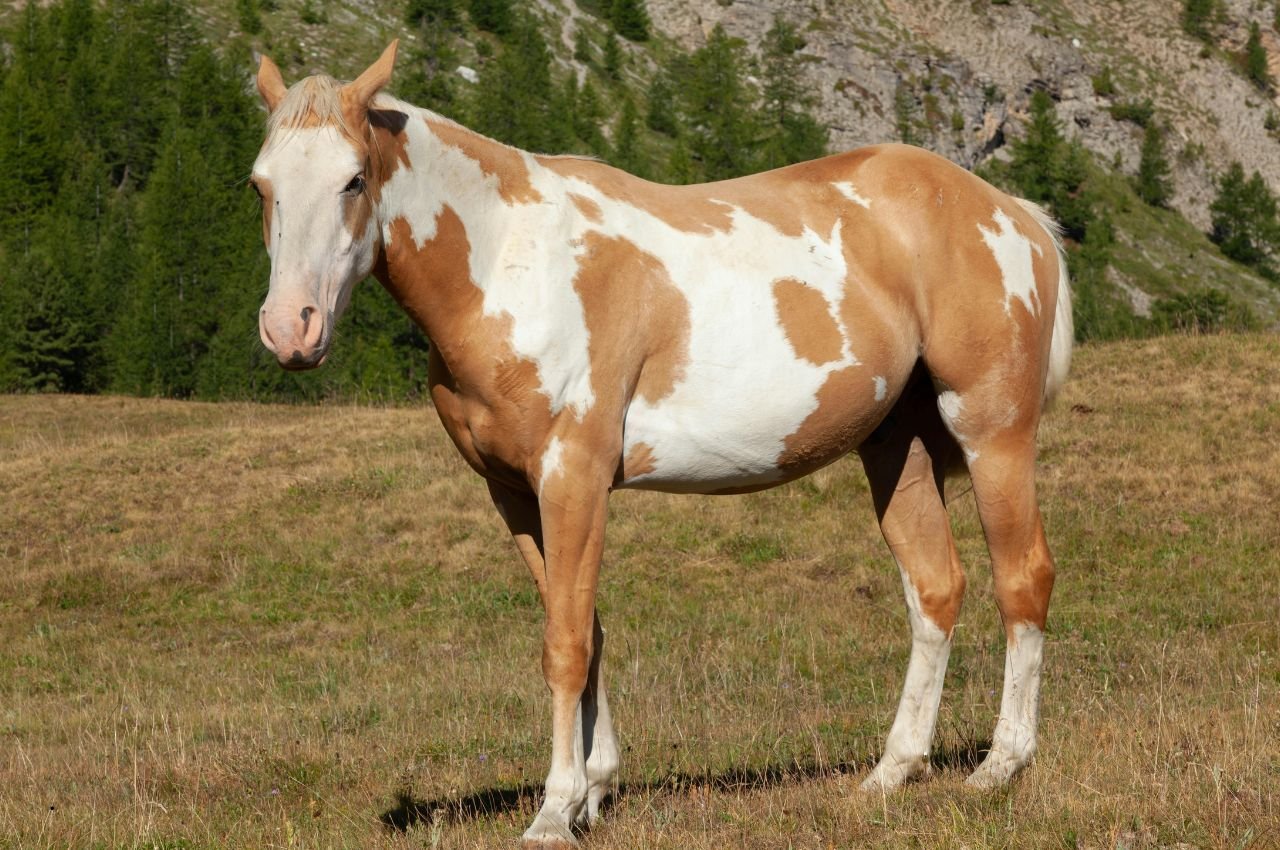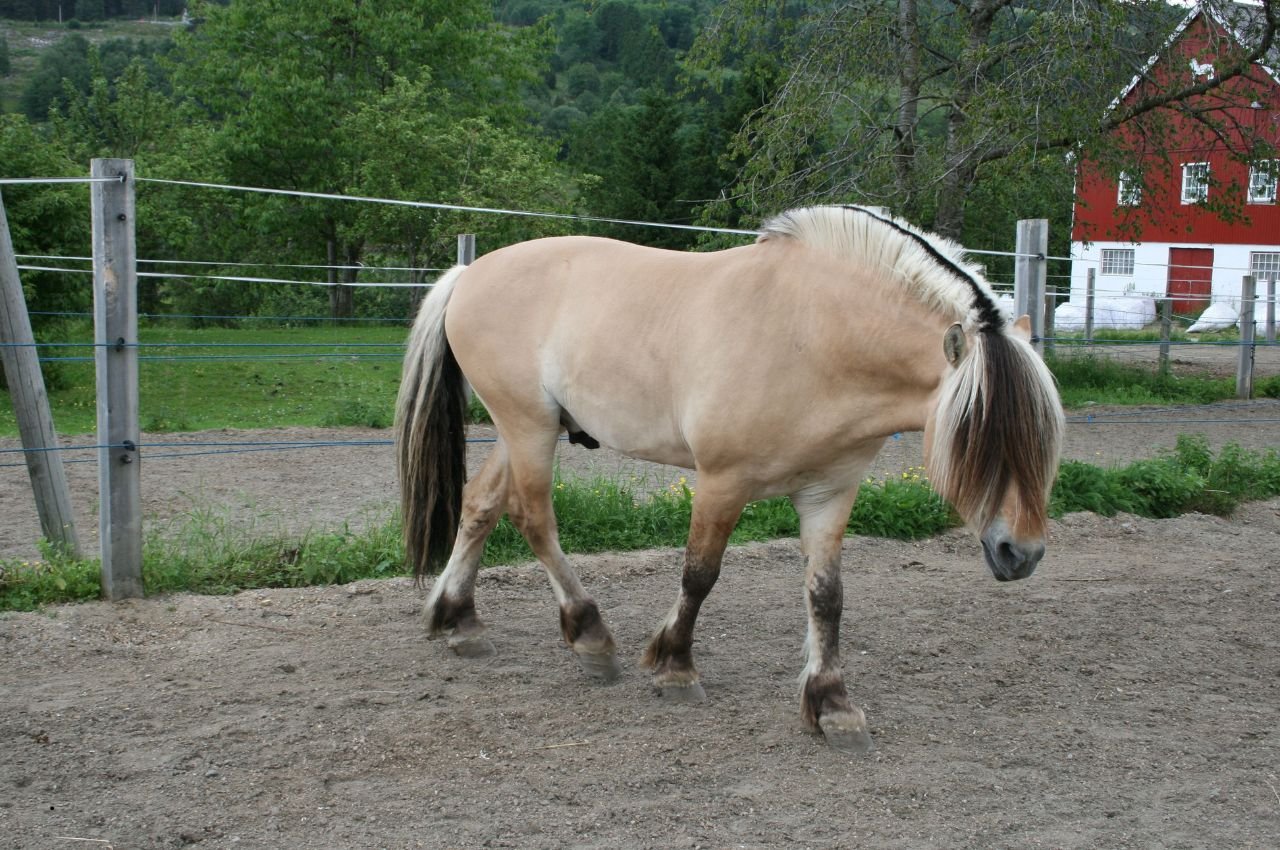Maintaining optimal respiratory health in horses is essential for their overall well-being and performance. The respiratory system of a horse plays a crucial role in ensuring that they can perform at their best, whether they are working, competing, or simply grazing in the field. Horses are susceptible to a variety of respiratory issues, from mild allergies to more severe diseases, which can affect their breathing and overall health.
In this blog, we’ll discuss seven important tips for maintaining and promoting healthy respiratory function in your horse.
Why Respiratory Health Matters for Horses
Horses depend on their lungs to supply oxygen to their body, enabling them to maintain endurance and strength. Respiratory health impacts their stamina, recovery time, and general comfort. Healthy breathing is vital for horses involved in strenuous activity or sports, as poor airflow can lead to reduced performance, fatigue, or even long-term health problems.
A horse with poor respiratory health may show signs like coughing, nasal discharge, labored breathing, or exercise intolerance. Addressing respiratory issues early can prevent more severe complications such as pneumonia or equine asthma.
7 Tips for Clear Breathing
1. Keep Stables Clean and Dry
A clean environment is one of the most important factors in promoting respiratory health. Dust, mold, and ammonia fumes from urine can contribute to breathing difficulties in horses.
- Daily cleaning: Ensure that the bedding is dry and free from urine, manure, and wet patches.
- Replace bedding regularly: Use dust-free bedding materials like straw or wood shavings that don’t produce excess dust.
- Remove ammonia: Ammonia build-up from urine can irritate your horse’s respiratory system, so clean stalls daily and provide adequate drainage.
2. Provide Fresh, Clean Water
Hydration plays an essential role in the health of your horse’s respiratory system. Dehydrated horses may have thick mucus in their airways, making breathing harder. Always ensure your horse has access to fresh, clean water to maintain proper hydration.
- Maintain water troughs: Clean water containers regularly to prevent contamination.
- Provide enough water: Especially in dry weather or after exercise, make sure your horse drinks enough water to stay hydrated.
3. Ensure Proper Ventilation
Good airflow in the stable is crucial to minimize the build-up of harmful gases and allergens. Horses are particularly sensitive to poor air quality, which can lead to respiratory diseases like heaves (equine asthma).
- Cross-ventilation: If possible, position stalls so that fresh air can circulate freely.
- Use fans: If your barn lacks proper natural airflow, install fans to help remove stagnant air.
4. Manage Dust and Allergens
Dust from hay, bedding, and mold can trigger respiratory issues in horses, especially those prone to allergies or respiratory diseases like equine asthma. Here are some tips to minimize allergens:
- Soak hay: If your horse is sensitive, consider soaking hay for a few minutes to reduce dust particles.
- Use low-dust bedding: Choose bedding materials like shredded paper, sawdust, or pelleted bedding that generate less dust.
- Avoid mold: Ensure hay and bedding are kept in dry conditions to prevent mold growth.
5. Monitor Exercise and Recovery
Excessive exertion, especially in poor weather conditions, can stress a horse’s respiratory system. Horses that work hard or engage in intense physical activity may experience temporary breathing issues.
- Warm-ups and cool-downs: Properly warm up your horse before exercise and cool down afterward to help regulate respiratory function.
- Rest and recovery: Allow your horse to recover between intense workouts to avoid overworking their lungs.
6. Offer a Balanced Diet
A nutritious diet supports overall health, including respiratory health. Horses with good nutrition are less likely to develop health problems, including respiratory issues.
- Avoid excessive sugars: Too many sugary foods, like sweet feeds or treats, can increase mucus production and worsen breathing problems.
- Include antioxidants: Vitamin E, selenium, and other antioxidants may help support lung health and prevent oxidative stress on the respiratory system.
7. Regular Veterinary Check-ups
Even if your horse seems healthy, regular veterinary check-ups are essential to monitor their respiratory system. Routine exams can help identify any early signs of issues like infections or lung inflammation before they become severe.
- Vaccinations and deworming: Keep up with routine vaccinations and deworming schedules, as certain infections and parasites can impact the respiratory system.
- Listen for signs: Pay attention to your horse’s breathing rate and sounds. If you hear coughing, wheezing, or labored breathing, consult your vet promptly.
Common Respiratory Problems in Horses
1. Heaves (Equine Asthma)
Heaves is a chronic respiratory condition where the horse’s airways become inflamed and constricted, making breathing difficult. This condition is commonly triggered by exposure to dust, mold, or other allergens in the stable environment.
2. Pneumonia
Pneumonia is an infection in the lungs that can be caused by bacteria, viruses, or other pathogens. It can result from respiratory infections or as a complication from other illnesses.
3. Exercise-Induced Pulmonary Hemorrhage (EIPH)
This condition involves bleeding in the lungs, often seen in horses who participate in intense exercise, like racing or jumping. It can lead to reduced performance and health complications.
4. Allergic Rhinitis
This is similar to human hay fever and is caused by allergens like dust, pollen, or mold, which irritate the nasal passages. A horse with allergic rhinitis may exhibit symptoms such as sneezing or nasal discharge.
FAQs
What are the symptoms of respiratory issues in horses?
Common symptoms include coughing, nasal discharge, labored breathing, increased respiratory rate, and exercise intolerance.
How can I prevent my horse from developing respiratory problems?
Keeping your stable clean, managing allergens, ensuring good ventilation, and maintaining proper hydration and nutrition are key prevention strategies.
What bedding material is best for a horse with respiratory issues?
Dust-free bedding like pelleted bedding, shredded paper, or wood shavings are ideal for horses with respiratory sensitivities.
How often should I clean my horse’s stable?
Clean the stable daily to remove waste, wet bedding, and dust. Regularly change bedding to prevent ammonia build-up.
Can dust cause respiratory problems in horses?
Yes, dust from hay, bedding, and mold is a common trigger for respiratory issues, especially in horses that are prone to allergies or asthma.
Conclusion
Respiratory health is essential to a horse’s overall well-being and performance. By following these seven tips—maintaining a clean environment, ensuring proper ventilation, and providing a balanced diet—you can help your horse breathe easy and stay healthy. Regular veterinary care will also allow you to catch any potential respiratory issues early, ensuring your horse remains in top condition.
If you notice any changes in your horse’s breathing, don’t hesitate to consult with a veterinarian. Proper care and attention can go a long way in maintaining your horse’s respiratory health.

